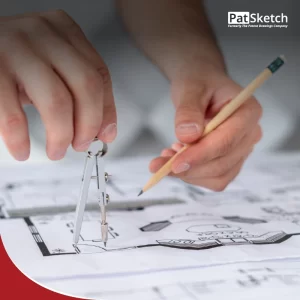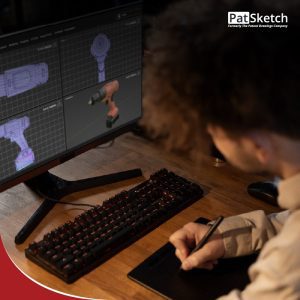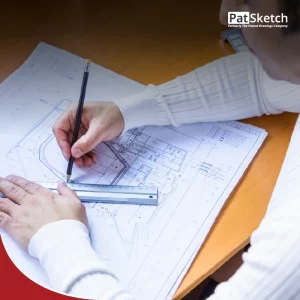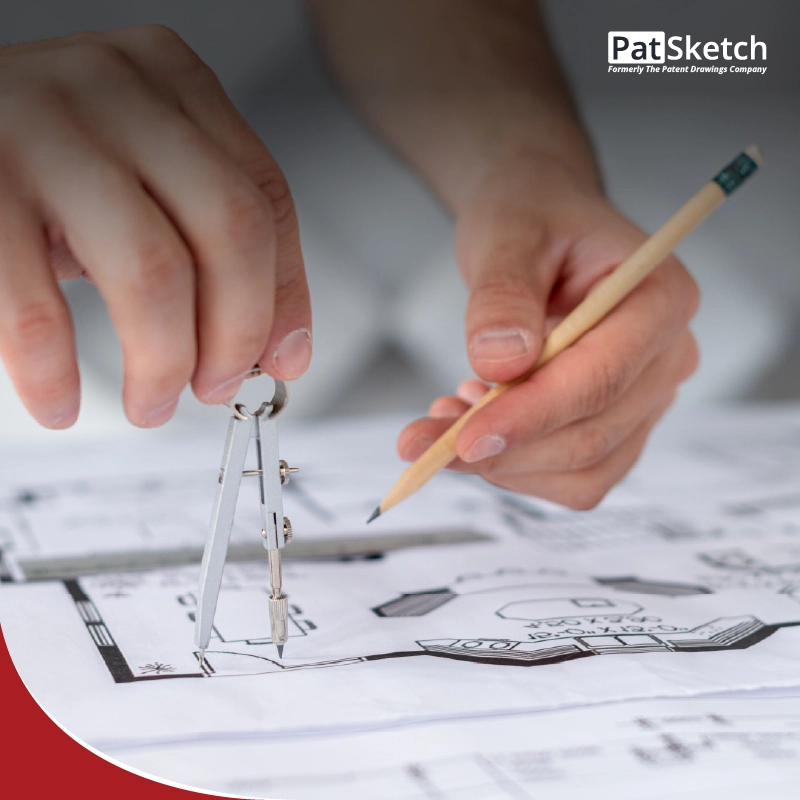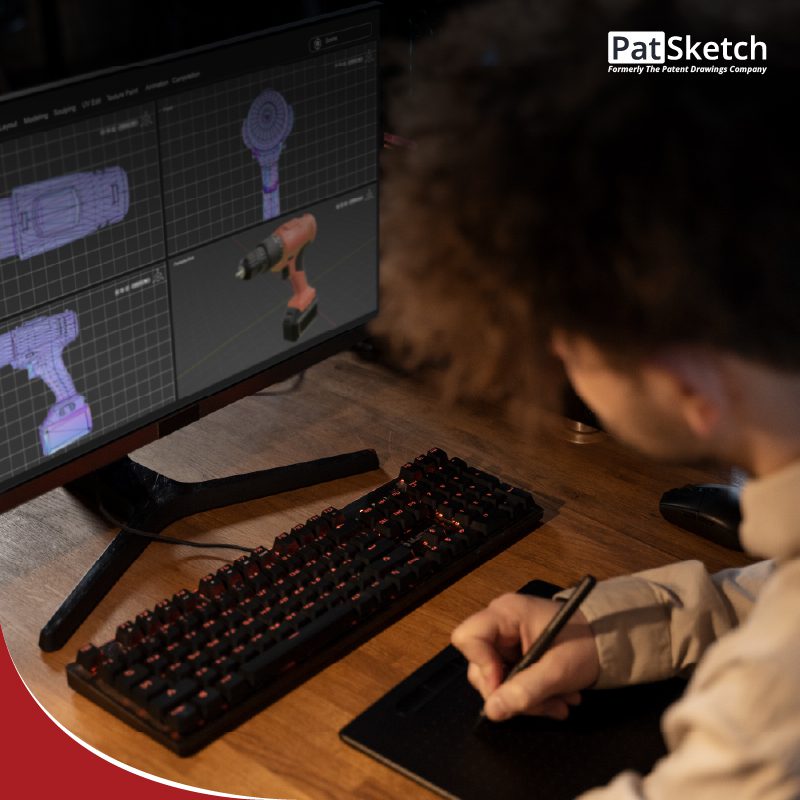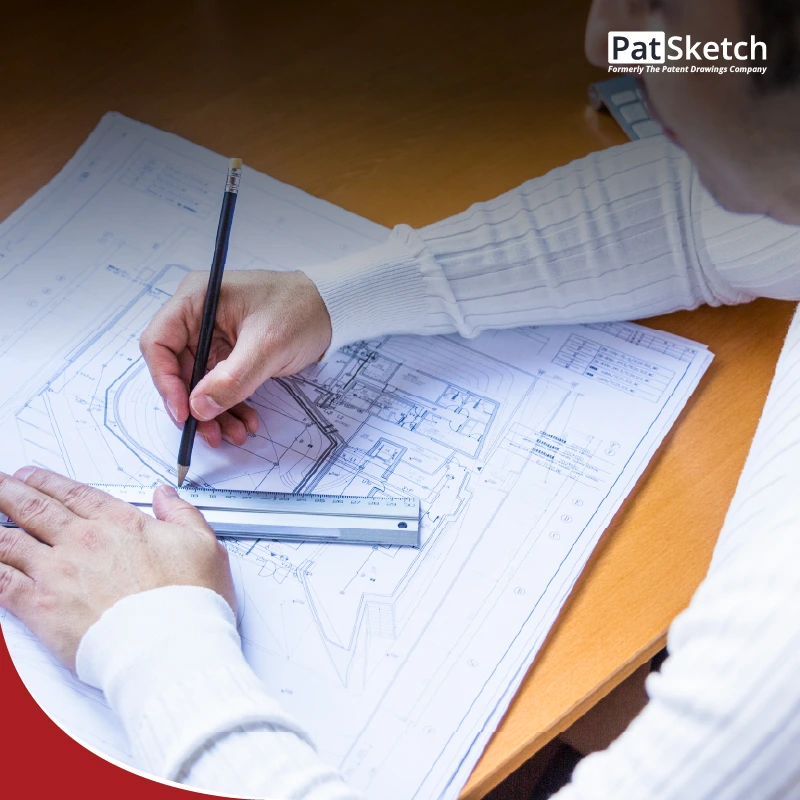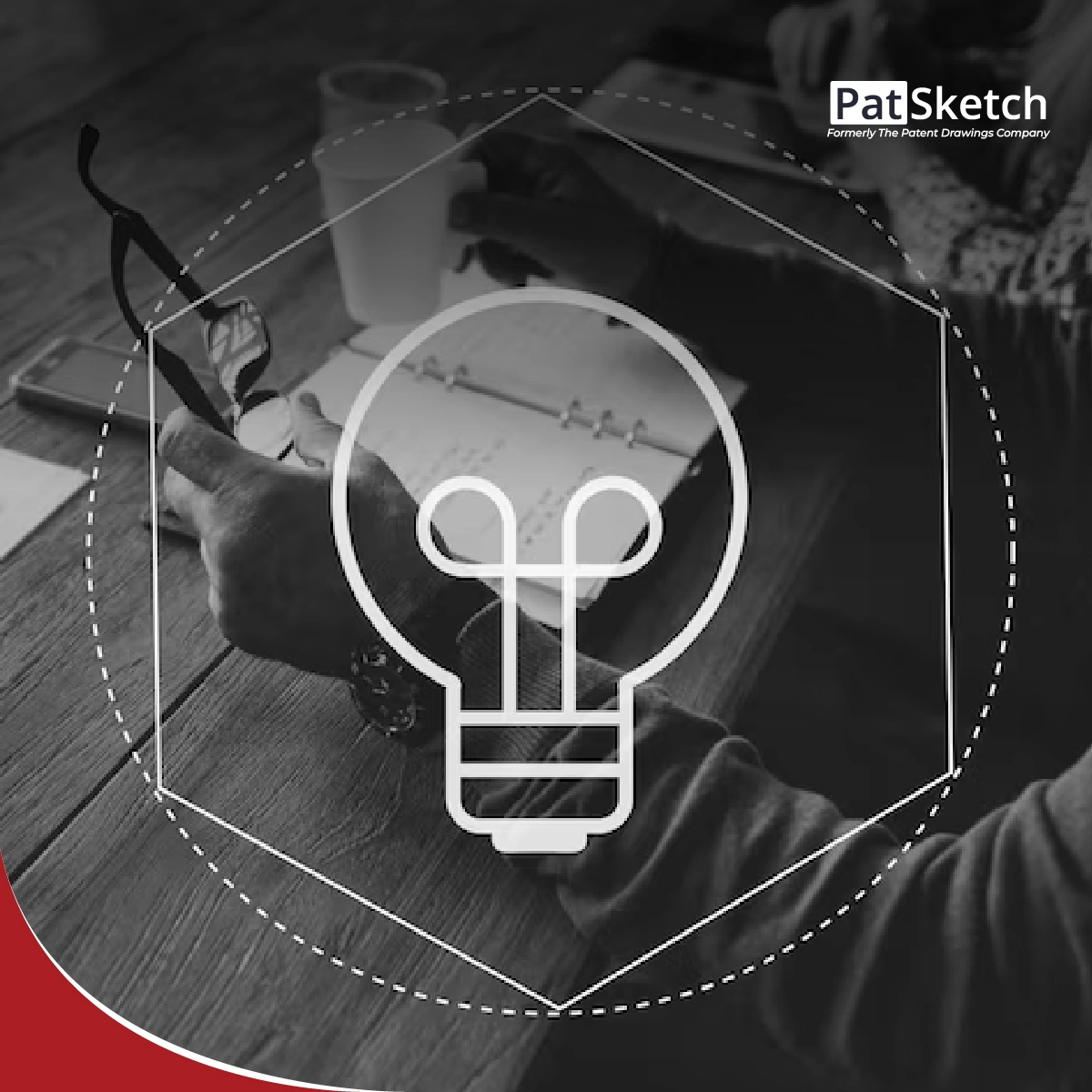If you’re looking for a patent in Germany, then you must acquaint yourself with the Patent Drawing Rules for German Patent Office DPMA.
Patent drawings are irreplaceable in patent applications. In fact, providing a patent drawing is vital for the better elucidation of the subject matter in the patent request. However, it is essential to follow the Patent Drawing Rules for German Patent Office DPMA. The drawings should serve to help your case, and not hinder it while explaining your invention. You must provide at least one drawing with your non-provisional application to make your invention clearer.
This article aims to list out the important guidelines that you need to follow while producing your drawings.
Related Article: WIPO Patent Drawing Rules for PCT Applications
Key Points about Patent Drawing Rules for German Patent Office DPMA
Let’s talk about the basic drawing rules first. The Ordinance on Patent Procedures before the German Patent and Trademark Office lists out instructions that you need to follow.
The Views
You need to include several viewpoints in your drawings to depict the looks of your product and its working. Wherever applicable, you should include the following views of your invention:
- Standard six views (front, back, right, left, top, and bottom) for 3D objects.
- Two views (front and back) for 2D objects.
- Sectional views to depict the functionality.
- Three-dimensional perspective views.
- Exploded views to represent how each part works during the operation of the invention.
You may exclude unornamented surfaces. Shading is another essential component of patent drawings. It depicts depth, contour, and texture. You should use dots, lines, and distinctive patterns for this.
The Margins
Margins of the sheet should be as follows:
- 25 mm on the top
- 25 mm on the left side
- 15 mm on the right side
- 10 mm on the bottom
Also, keep in mind that the drawings should not exceed 262mm x 170mm. You can present the drawing of the abstract either upright or sideways. The dimensions, in that case, will be 81mm x 94mm upright or 174mm x 45mm sideways.
Related Article: The Top 6 Most Unusual drawings for Patents
Drawings, Colours, and Shading
All illustrations must be in black and white with sufficient contrast in durable, black, sufficiently dense and dark, uniformly thick lines. They must not contain any colour. Also, ensure that the drawing is to scale when the illustration is reduced to two-thirds the size is vital.
According to the Patent Drawing Rules for German Patent Office, freehand drawings are not acceptable. You need to use drafting instruments in order to render proper patent drawings.
Text, Lettering, and Numbers
Writing textual matter in the drawings is not permissible. Use a single word or words only if their use is unavoidable to explain a part of the drawing. For example, “open”, “Section on BD”, etc.
Another rule is that you shall not make numbers or letters in the drawing smaller than 3.2mm in height. For lettering, you should use Latin and where customary, use Greek alphabets.
You may use the same sheet for multiple drawings. You need to arrange different figures without wasting any space. However, please ensure that they are clearly separated from one another, preferably upright. Their numbering shall be in Arabic numerals.
Using Drawings of the State-of-the-art
In case a drawing pertains to “Stand de Technik” (State-of-the-Art), it will be admissible if the understanding of the invention is facilitated. You must also mention that this is a part of the State-Of-The-Art.
Scaling and References
Please ensure that all the elements of a figure are on the same scale. A different scale is only acceptable when it is indispensable for the clarity of the figure.
You are not allowed to use reference signs in the drawings in case they are not mentioned in the claims and description, and vice versa.
Image Formats
Below is a table that provides the file format for the images which the German Patent Office accepts.
| Image File Format | Compression | Colour Depth | Description |
| TIFF | no compression or LZW or Fax group 4 | 1 bit/p or (black and white) | Maximum size: 210mm x 297mm (A4) and resolution: 300*300 dpi corresponding to 2480*3508 pixels (width*height) |
| TIFF | no compression or LZW or Fax group | 8 bit/p greyscale (256 shades of grey) | Maximum size: 210mm x 297mm (A4) and resolution: 150*150 dpi corresponding to 1240*1754 pixels (width*height) |
| JPEG | individual compression | 24 bit/p | Maximum size: 210mm x 297mm (A4) and resolution: 150*150 dpi accepts shades of grey only |
| No compression | Black and white admissible only | You can use the following fonts – Times (serif font, proportional) – Helvetica (without serifs, proportional) – Courier – Symbol (symbols) Colour graphics not admissible Use restrictions possible for PDF files at the file level by means of cryptographic means (encryption, deactivation of printing options) are not admissible. |
Need Help with Patent Drawing Rules for German Patent Office DPMA ? – PatSketch
As you can see, there are a lot of guidelines that you need to adhere to. The Patent Drawing Rules for German Patent Office don’t allow room for error.
Sometimes, you may feel that making your own drawings is tedious. If you require a patent illustrator, PatSketch is at your service. Our experienced experts are skilled in the widest range of software/technologies to cater to all your needs. We believe in 100% satisfaction with our customers. To ensure this, we are willing to make any number of iterations until you are satisfied. We offer timely solutions at very affordable prices to ensure that your pocket is not overburdened.
To make an inquiry, contact us at PatSketch.


